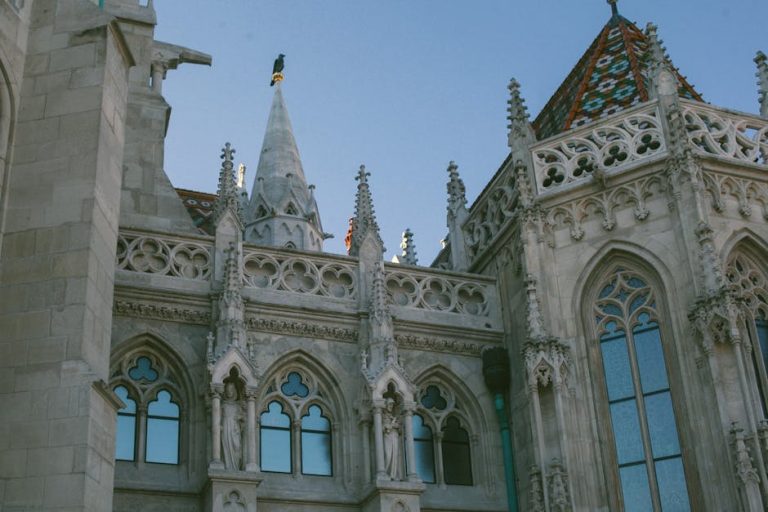The Legacy of Manchester’s Football Managers: A Rich History of Leadership and Success
Manchester, a city synonymous with football, has produced some of the most legendary football managers in the history of the sport. This vibrant city is home to two of the most successful clubs in English football – Manchester United and Manchester City. Over the decades, these clubs have been led by a series of visionary managers whose legacies have left an indelible mark on the football world. In this blog post, we explore the legacy of Manchester’s football managers, highlighting their significant contributions, successes, and enduring influence.
The Early Pioneers of Manchester Football
The story of Manchester’s football managers begins in the early 20th century. During this period, both Manchester United and Manchester City were laying the foundations for what would become a fiercely competitive rivalry. Managers such as Ernest Mangnall, who managed both clubs, played a crucial role in establishing Manchester as a footballing powerhouse. Mangnall led Manchester United to their first league title in 1908, setting the stage for future successes.
Sir Matt Busby: The Architect of Modern Manchester United
Sir Matt Busby is often regarded as the architect of modern Manchester United. Taking charge in 1945, Busby revolutionized the club with his emphasis on youth development and attacking football. His vision culminated in the European Cup victory of 1968, a triumph that marked the first time an English club won the prestigious title. Busby’s legacy is not only defined by his trophies but also by his resilience in rebuilding a team after the tragic Munich air disaster of 1958.
The Influence of Joe Mercer on Manchester City
In the late 1960s, Joe Mercer transformed Manchester City into a formidable force. Under his management, the club won the English First Division title in 1968, the FA Cup in 1969, and the European Cup Winners’ Cup in 1970. Mercer’s tactical acumen and ability to nurture talent laid the groundwork for City’s future successes and left a lasting impact on the club’s identity.
Sir Alex Ferguson: The Legend of Old Trafford
No discussion of Manchester’s football managers is complete without mentioning Sir Alex Ferguson. Appointed in 1986, Ferguson’s tenure at Manchester United is nothing short of legendary. Over 26 years, he guided the club to 13 Premier League titles, five FA Cups, and two UEFA Champions League trophies. Ferguson’s ability to adapt, rebuild squads, and instill a winning mentality is unparalleled. His legacy is reflected in the countless players he developed into world-class talents.
Statistics of Success
Ferguson’s reign saw Manchester United dominate English football with a win rate of over 60% across all competitions. His 1999 treble-winning season remains a benchmark of excellence in football management.
The Modern Era: Pep Guardiola and Manchester City
In recent years, Pep Guardiola has elevated Manchester City to unprecedented heights. Since his arrival in 2016, Guardiola has implemented a style of play characterized by fluid attacking movements and tactical innovation. Under his management, City has won multiple Premier League titles, including a record-breaking 100-point season in 2017-18. Guardiola’s influence extends beyond silverware; he has redefined how football is played in England.
Guardiola’s Tactical Mastery
Guardiola’s City boasts a pass completion rate of over 89%, illustrating his emphasis on possession-based football. His managerial prowess has also seen City score over 100 goals in multiple seasons.
The Impact of Manchester Managers on Global Football
The impact of Manchester’s football managers extends far beyond the city’s boundaries. Managers like Ferguson and Guardiola have inspired a new generation of coaches worldwide, influencing their approaches to management and tactics. The success and styles of these managers have become case studies in football management courses globally.
Actionable Tips for Aspiring Managers
For those aspiring to follow in the footsteps of Manchester’s legendary managers, here are some actionable tips:
- Emphasize Youth Development: Cultivate young talent and integrate them into the first team.
- Adaptability: Be open to changing tactics and strategies to meet the demands of modern football.
- Leadership: Inspire and motivate players to achieve their best both on and off the pitch.
Conclusion: The Enduring Legacy of Manchester’s Managers
The legacy of Manchester’s football managers is a testament to the power of vision, leadership, and adaptability. From Sir Matt Busby’s pioneering spirit to Sir Alex Ferguson’s era of dominance, and Pep Guardiola’s modern-day innovations, these managers have not only shaped their clubs but also the global football landscape. As we look to the future, the lessons and legacies of these remarkable figures will continue to inspire and guide the next generation of football managers.





